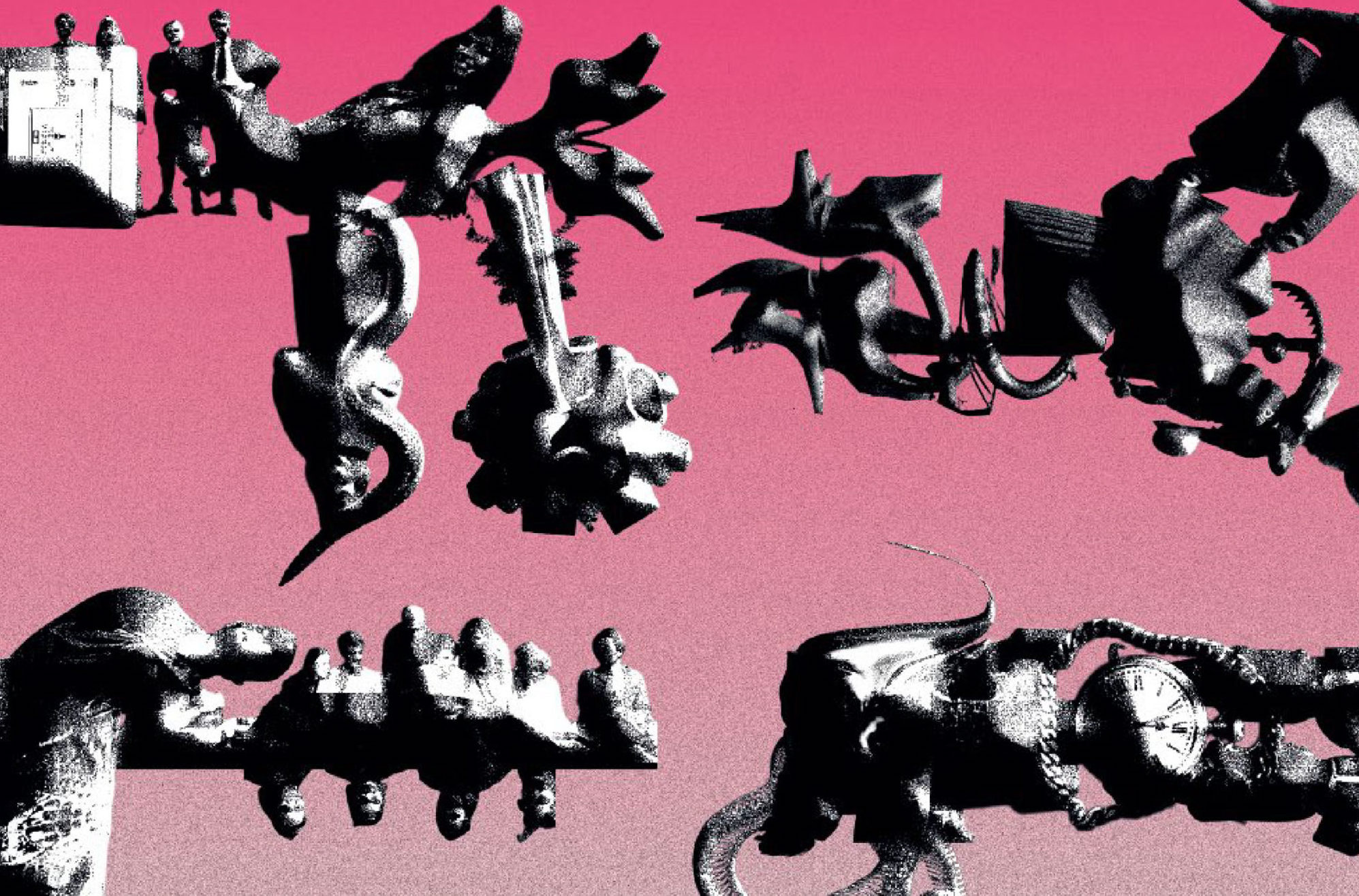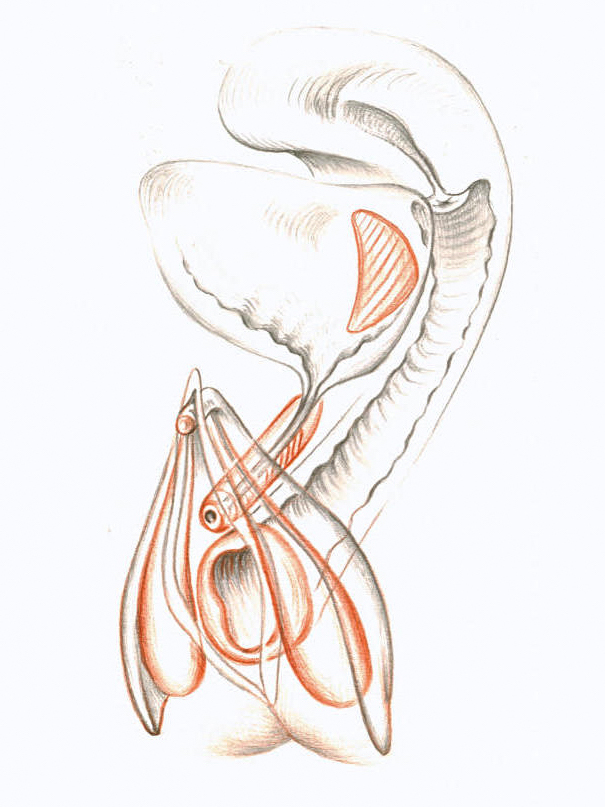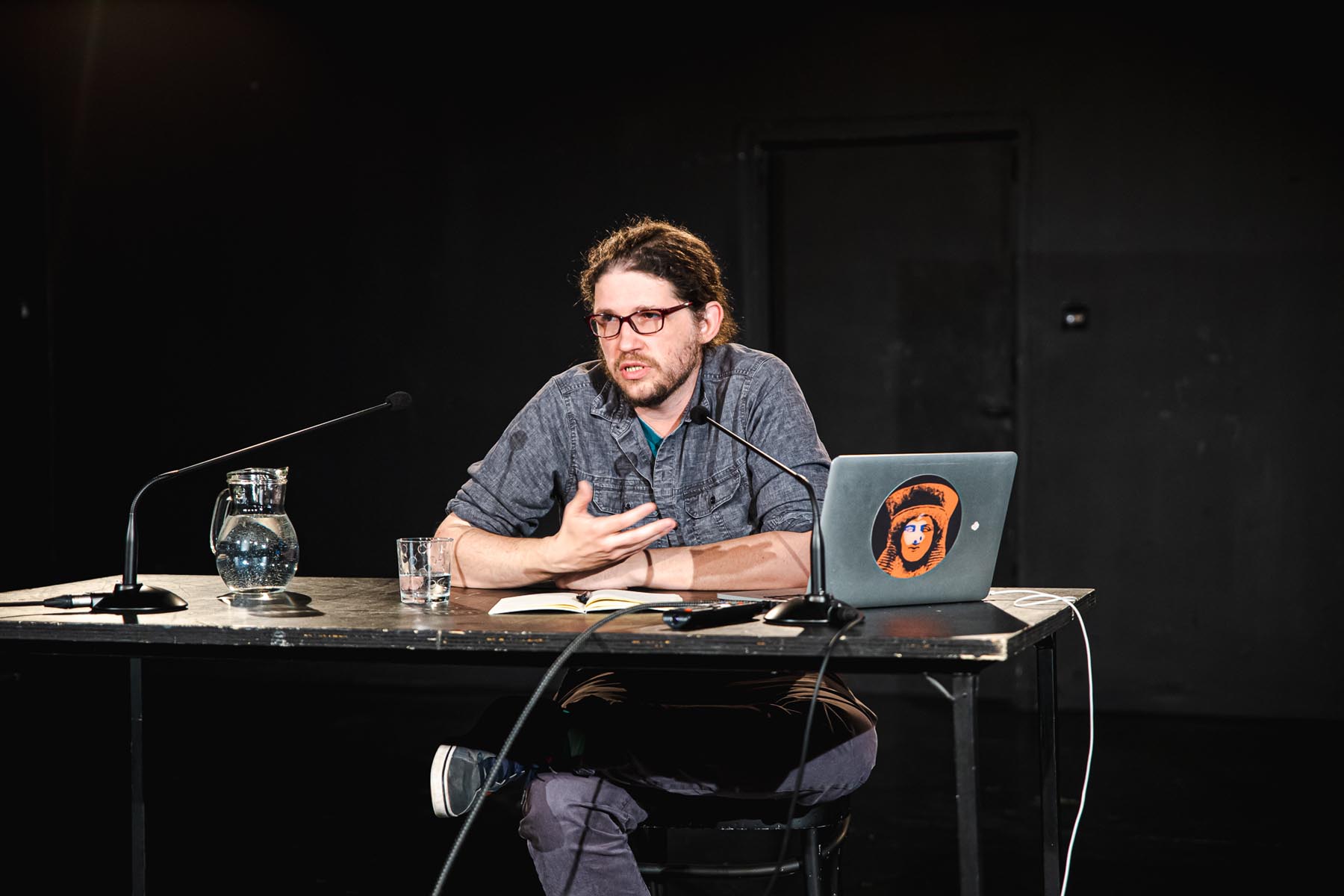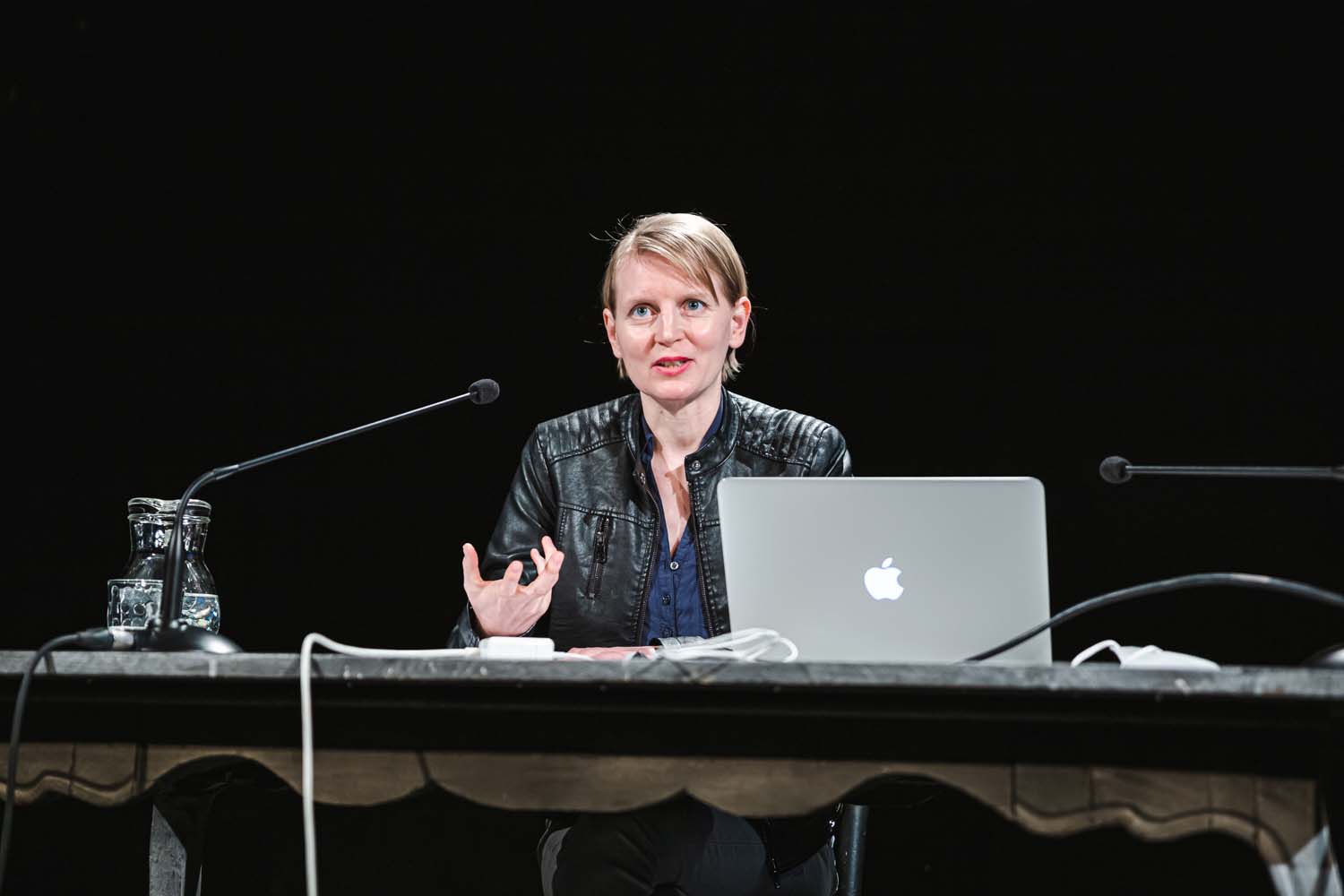Precarization, Care, and Queer Debt – How to Rethink Democracy
Precarity today is not just something marginal; it is not the exception but rather the rule. With the collapse of the welfare state, precarity has become the new mode of governance, a basis for capitalist accumulation in the service of social regulation and control. But the new mode of governance also opens new possibilities for resistance, which are being explored by queer and feminist theories and political movements (such as Precarias a la deriva): care practices and queer debt. Can we imagine new forms of living together on the basis of these concepts?
Book cover of State of Insecurity: (Isabell Lorey, 2015, Verso Books)
About the Speaker
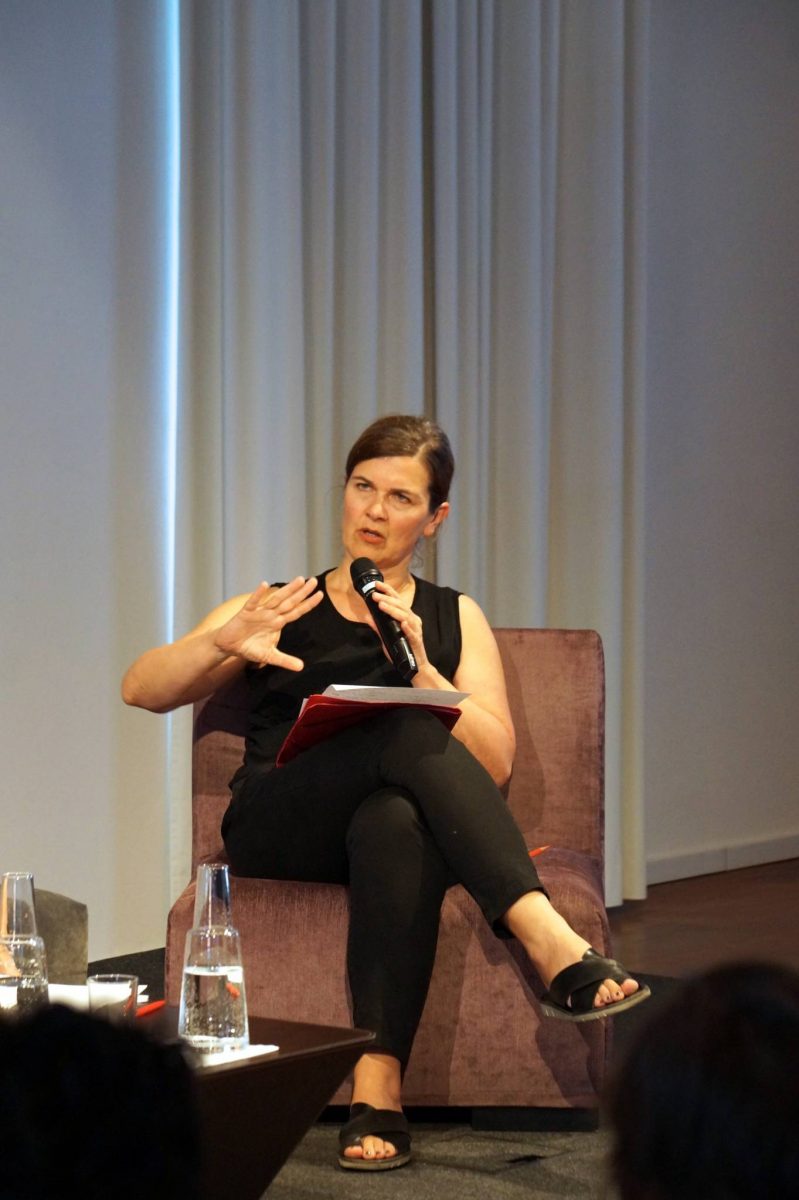
Isabell Lorey is a political theorist working in queer studies and contemporary political philosophy. She teaches at the Academy of Media Arts in Cologne and works at the European Institute for Progressive Politics (eipcp) in Berlin. A translation of her work, State of Insecurity: Government of the Precarious, was published by Verso in 2015, and a translation of Democracy in the Political Present. A Queer-Feminist Theory by the same publisher in 2022. Her work is primarily concerned with the idea of neoliberal governance through the condition of precarity, with non-masculinist forms of political resistance, and with the practice of democracy beyond liberal ideas based on the concept of representation.











